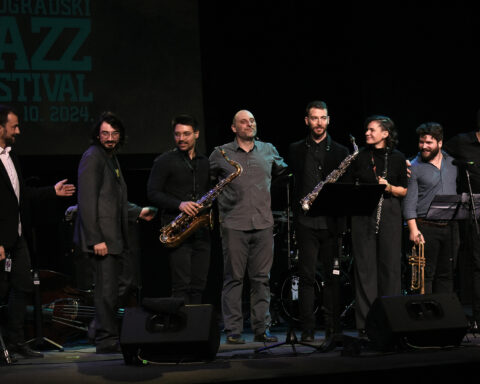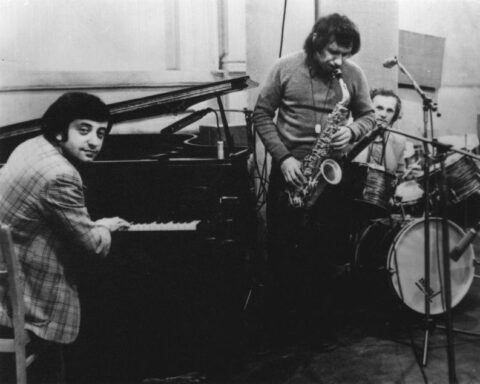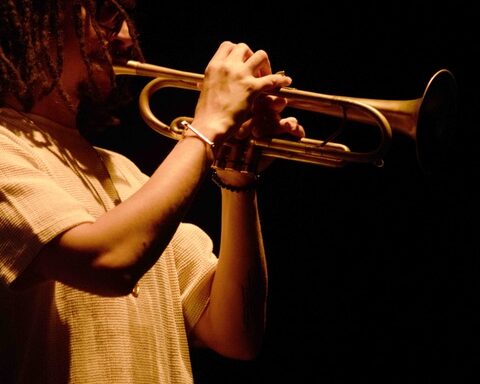In autumn 2022, the Jazz Journalists Association surveyed journalists who are not members of the organization, but yet writers, bloggers, media creators, book authors, broadcasters and publicists covering jazz in some form, to better understand their professional concerns. Some 350 unaffiliated journalists were contacted, among whom 85 agreed to take the survey, and 42 actually did. The results are summarized thusly:
- The majority of respondents have been in jazz journalism for just the last three years.
- Most write in some form while a variety work as broadcasters and media specialists.
- Almost all respondents reported their work was either rarely or mostly paid opportunities.
- Similar percentages are reported for their work as volunteers.
- The largest portion of journalists are self-taught while the rest have had some sort of formal education or professional training.
- Less than a quarter of respondents feel the state of journalism has improved in the last five years due to an increased scope of reporting, greater access to work opportunities, improved content, a larger spectrum of voices, and improved recognition for their work.
- The majority felt jazz journalism has gotten worse, pointing towards poorer content, less professional opportunities, decreased compensation, less recognition and an overall decrease in journalism’s scope and influence.
- Ninety percent of respondents currently do not belong at any professional associations supporting their work as journalists.
- If they were to join an association, it would be mostly for networking and professional development opportunities.
- Everyone felt that an appropriate fee for joining an association should fall somewhere between $25 and $100 a year.
These results proved to be a curious reminder of how broad, talented and dedicated this community is, even while many who write or report on jazz don’t currently see themselves as “jazz journalists.” For me personally, it was a wonderful opportunity to dive into the rich variety of work currently being done in the U.S. and abroad by journalists who remain dedicated to spreading the word of how wonderfully vibrant jazz remains in a world of musical opportunities.
When I think about the state of journalism in the United States, carnival rides come to mind. Not the sleek, shiny versions with strong steel supports and advanced safety features, but the ones that arrive in vacant lots with rides that rock and roll as if they’re three bolts shy of spinning out of control. Politically weaponized, disrupted by a range of technological advances, shaped by the turbulent rip tides of financial investment and ethical standards, journalism exists in a brave new world that relishes in questioning its very existence.
Paired down to the slice of reporting that reflects the fragment of the musical industry it represents, jazz journalism has experienced a similar existential crisis. Aging audiences, diminished cultural and arts reporting, consolidation of media outlets, the proliferation of online publications, and the ongoing influence of social media, have shifted the foundation where jazz journalism has traditionally found its role and purpose within society.
Navigating the various platforms, trends and algorithms that now shape their profession’s disrupted functionality, many journalists are increasingly concerned about the growing industrial influence effecting the curation of this cherished art form. This survey reinforces the JJA’s resolve to better understand the challenges its members and colleagues face, the better to provide support and productive solutions towards overcoming them.





